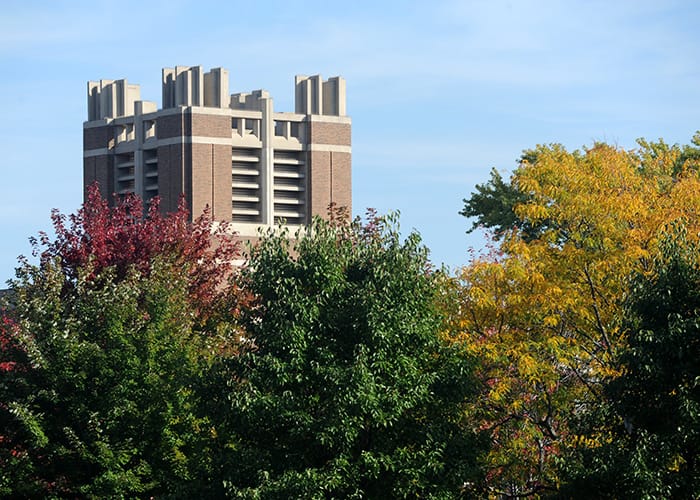SCOPE OF WORK
Talk with the community partner and together determine what the scope of work will be. This should be written out so it is clear to all parties. At this stage you will want to talk about what you hope to achieve, and why it is important. What is the impact of your project? How will the community be different as a result?
It is also important to understand what is expected of each organization. For any organization that we are passing money to, we will need a clear picture of the work expected of that organization. This information is usually written into the agreement signed by both parties at the time of award.
TIMELINE
How much time is needed to develop the project? Have you received feedback from appropriate stakeholders? Relationship building can take time but is a worthy and necessary investment.
How much time is needed to conduct the project?
When seeking funding, it’s important to make sure the funder's deadline and maximum project duration fit within your parameters.
ORSP can work with you to develop a timeline for the project and the overall application process.
BUDGET
Each organization will need to develop their own budget. Once the scope of work is developed, ORSP can help with the MU portion of the budget and the community partner must develop their portion of the budget. In the end, Marquette will integrate them into a cumulative budget to be submitted to the sponsor. Each budget must be itemized out according to the sponsor guidelines and include a justification.
At the time of award, a subaward agreement will be developed using the budget and scope of work provided by the partner organization.
Depending on the nature of the services involved, in some cases a subcontract may be more appropriate than a subaward. Your contact in ORSP can help make this determination.
DATA OWNERSHIP
Who will have access to the data?
What rights will parties have in case there are disputes about the use of the results?
Does the funder require the data to be made public or to be shared with other researchers?
PUBLISHING/DISSEMINATION
How will we share the findings from our research?
How will authorship be determined?
Who will be required to review articles or presentations before they are submitted/presented?
How will we control or handle any impact the results may have on our community?
How will we share in recognition from research findings (awards, invitations to speaking events, etc.)? How will we ensure that findings are shared in community venues not only scientific academic venues (academic conferences and journals)?
How will we ensure that findings are written in community-friendly language?
SUSTAINABILITY
How can we consider sustainability from the beginning?
If this program or intervention is found to be successful, how will it be sustained?
PLAN FOR DISAGREEMENTS
If a conflict arises, what strategies will we use to handle these conflicts?
What non-project staff might you want to include in a resolution discussion?
